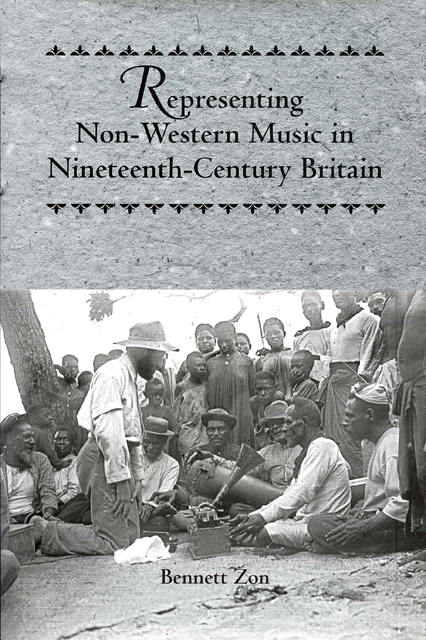Book contents
- Frontmatter
- Dedication
- Contents
- List of Illustrations
- Preface
- Acknowledgments
- Introduction Humanizing the Musical Savage: Orientalism and Racism in the History of British Ethnomusicology
- Part One Early Anthropological Influences
- Part Two Musicology in Transition to Evolution
- Part Three Individualism and the Influence of Evolution: Charles Samuel Myers and the Role of Psychology
- Part Four Retaining Cultural Identity: A. H. Fox Strangways and the Problems of Transcription
- Epilogue The “Ethnomusicology” in Long Nineteenth-Century Representations of Non-Western Music
- Works Cited
- Index
- Eastman Studies in Music
Chapter Eight - Histories of National Music (2): Carl Engel and the Influence of Tylor
Published online by Cambridge University Press: 10 March 2023
- Frontmatter
- Dedication
- Contents
- List of Illustrations
- Preface
- Acknowledgments
- Introduction Humanizing the Musical Savage: Orientalism and Racism in the History of British Ethnomusicology
- Part One Early Anthropological Influences
- Part Two Musicology in Transition to Evolution
- Part Three Individualism and the Influence of Evolution: Charles Samuel Myers and the Role of Psychology
- Part Four Retaining Cultural Identity: A. H. Fox Strangways and the Problems of Transcription
- Epilogue The “Ethnomusicology” in Long Nineteenth-Century Representations of Non-Western Music
- Works Cited
- Index
- Eastman Studies in Music
Summary
Comparative Methodologies and Engel’s Histories of National Music
Carl Engel represents an altogether different view of national music. Unlike Chorley, who wrote from a more openly journalistic and populist standpoint, Engel was an organologist and musicologist, and considerably less tendentious. Perhaps the most significant scholar of non-Western organology and music of his age, he compiled an extensive musical instrument collection, most of which eventually went to the Victoria and Albert Museum, London. An exhibition of instruments was given in 1872 for which he compiled a catalogue, and two years later he produced the Descriptive Catalogue of the Musical Instruments in the South Kensington Museum (1874). In addition to his research on musical instruments, he also published extensively on the topic of ancient and national music. The Music of the Most Ancient Nations (1864) was followed soon thereafter by An Introduction to the Study of National Music (1866) and the later compilation of Musical Times articles, The Literature of National Music (1879).
As he makes clear throughout his literature on national music, Engel does not subscribe to the prejudices that mark much of the musicological writings of the time. Indeed, Engel is unique in espousing a view of ancient and national music not largely preconditioned by Western aesthetic bias. For Engel the music of ancient civilizations and uncivilized modern nations provides a necessary window into the Western musical past:
For years I have taken every opportunity of ascertaining the distinctive characteristics of the music not only of civilized but also of uncivilized nations. I soon saw that the latter is capable of yielding important suggestions for the science and history of music, just as the languages of savage nations are useful in philological and ethnological inquiries.
As I proceeded, I became more and more convinced that, in order to understand clearly the music of the various modern nations, it was necessary to extend my researches to the music of ancient nations.
- Type
- Chapter
- Information
- Representing Non-Western Music in Nineteenth-Century Britain , pp. 129 - 144Publisher: Boydell & BrewerFirst published in: 2023



